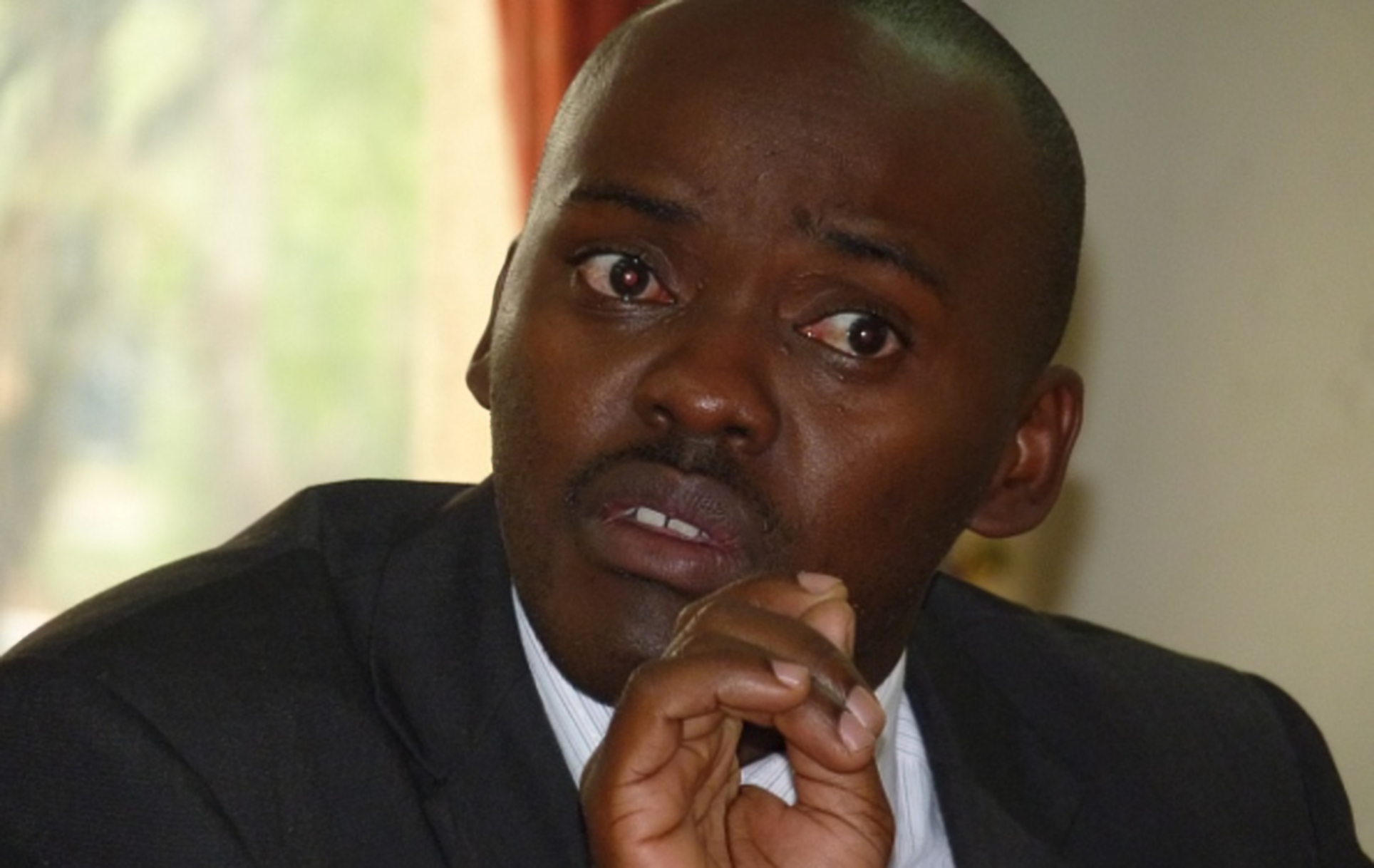Kampala, Uganda.
Oloo Jared Akumu a Kenyan national convicted of cyber stalking Lady Justice Jane Francis Abodo, the Director of Public Prosecutions has raised issues of lack of jurisdiction by the Buganda road-based Standards, Utilities and Wildlife Court to hear his case, procedural irregularities, violation of constitutional rights, and the imposition of a disproportionate sentence.
In October 2022, the Standards, Utilities and Wildlife Court Chief Magistrate Her Worship Gladys Kamasanyu convicted Akumu accusing him of willfully and repeatedly using his email address akumu4036@gmail.com to harass the DPP by sending threatening e-mails and attachments to her official email address. He was sentenced to two years and nine months in prison after being found guilty of offensive communication and cyber stalking.
Dissatisfied with the outcome of the case, Akumu through his lawyer Isaac Ssemakadde filed an application for revision of his case at the High Court of Uganda at Kampala. During the hearing session today 27th June 2023, Isaac Ssemakadde argued that, among other procedural irregularities, the charge sheet was grossly defective by not specifying the geo-location of the computer used in sending the alleged communication. The court’s jurisdiction is established if the accused was in Uganda at the material time or if the computer, program, or data involved in the offence was in Uganda. Failing to locate the location of the computer used to commit the alleged offence raises fundamental issues about whether the court had jurisdiction to hear the case.
Additionally, Ssemakedde contended that the charge sheet failed to provide reasonable clarity regarding the alleged threat made by the applicant, thereby violating the principle of specificity required in criminal charges.
Through his lawyers, Akumu further informed the court that the lower court’s decision violated his right to freedom of speech and the accountability principle enshrined in Article 29(1) of the Constitution and imposed a disproportionate and excessive sentence. He argued that sentencing guidelines and principles were not appropriately followed since a non-custodial sentence should have been preferred, especially for him who was a first-time offender and having spent a significant period on remand before sentencing.
Arguments in the case will continue on Tuesday 4th July when the state will reply to the issues raised by Akumu’s lawyers.















